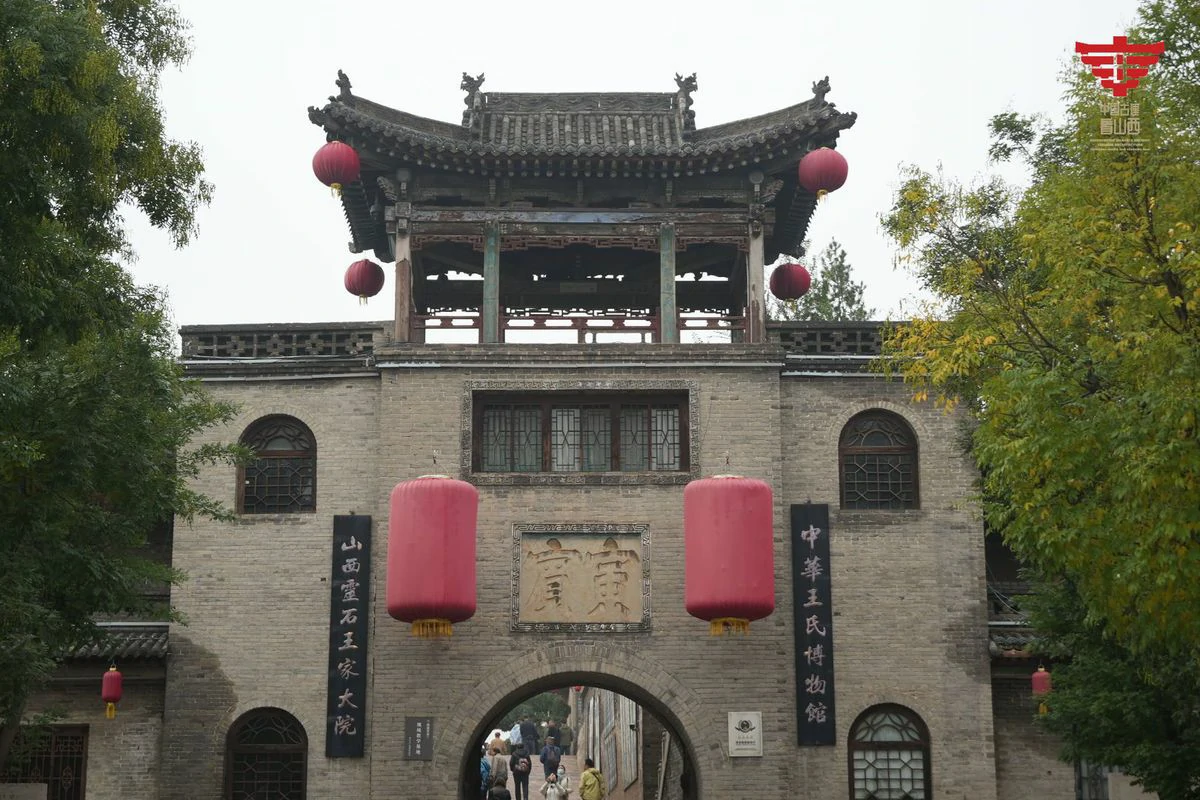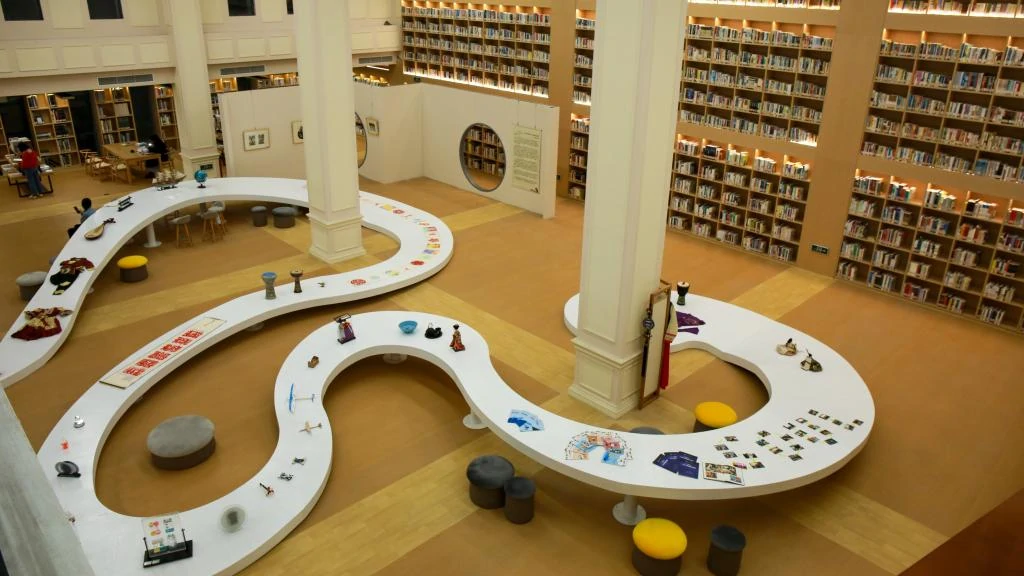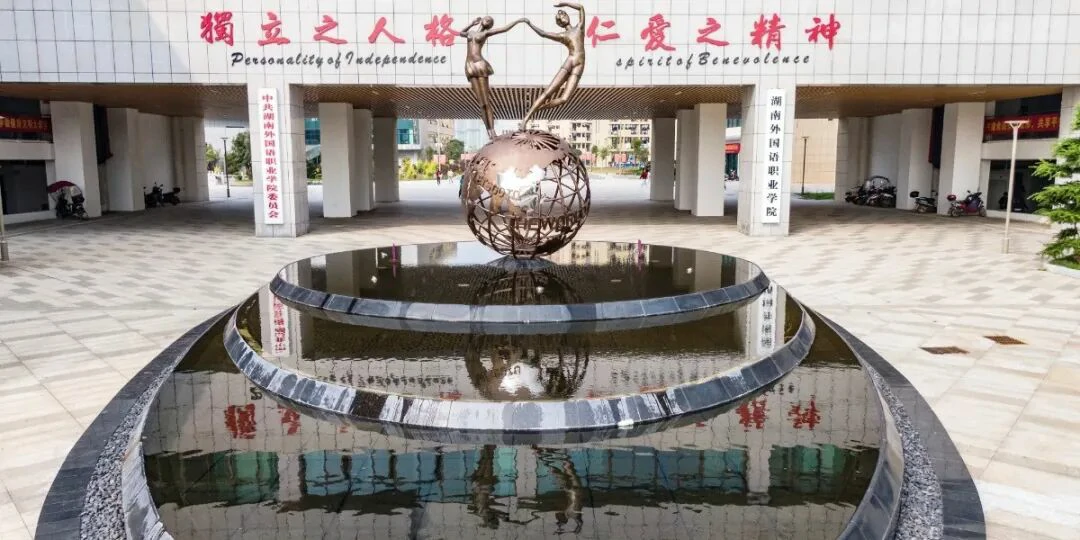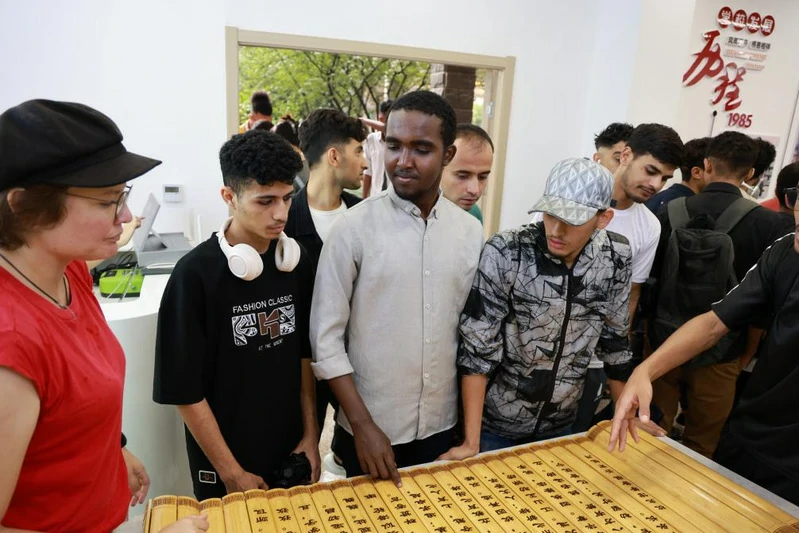
Aspiring medical professionals worldwide are increasingly choosing China for their MBBS studies. To help international students secure their seats, we present the 2025 Autumn MBBS Admission Guide&mdas...

Recently, a group of international students from the University of Science and Technology of China visited Yanzihe Experimental Middle School in Jinzhai county, Anhui province. The 12 international...

Perfect your Chinese in China's most dynamic city! Our spring 2026 Chinese language programs offer something for every level. Choose from prestigious universitie...

Why this university? ✔ Strong teaching capabilities · Top teacher education university in Hubei Province, a cooperative institution of Confucius Institute ✔ Stunning Lakeside Campus &midd...

This university is located in Xi'an, Shaanxi—a historic and cultural city in China. It is home to the world-renowned Terracotta Warriors, where the charm of the ancient capital blends wit...

As a leading 211 Project university, which offers an excellent one-year Chinese language program for international students. Featuring small-class instruction taught by experienced faculty, ...

A group of content creators and international students were treated to an immersive tour of ancient Chinese residential complexes and civilization sites in the cities of Jinzhong and Linfen, North C...

1+4 Bachelor: Vietnam & Thailand & Indonesia The university is located in Hangzhou, capital of Zhejiang Province, one of the most developed area of China. Hangzhou is known for its ...

Dear International Agents,are your students considering China for their studies in 2026? We are pleased to announce that our partner college in the vibrant city of Changsha, Hunan, is now accepting ap...

How is this university? 🏠 Location & Environment This university is located in Jingmen City. Affordable living costs in a safe, student-friendly city. 🌈 Excellent Study Environment I...

